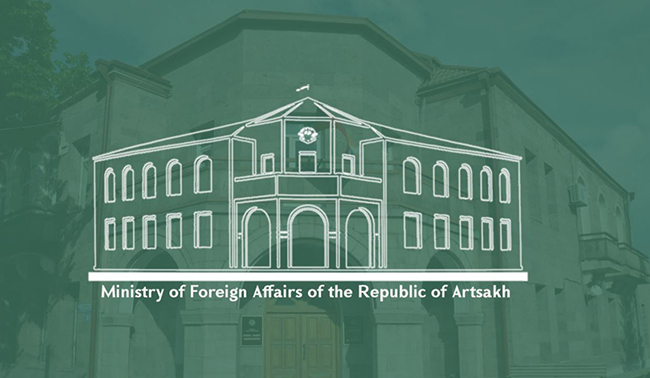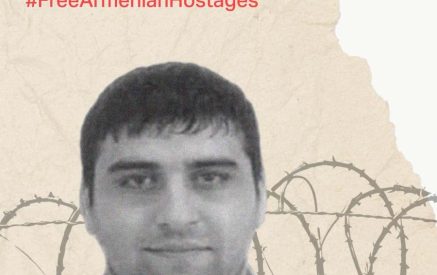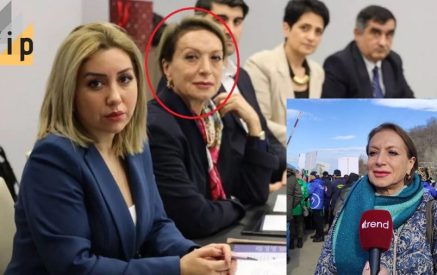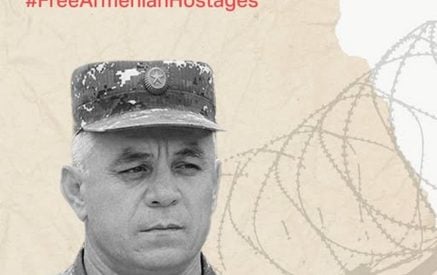The Azerbaijani authorities have recently increasingly resorted to an arbitrary interpretation of paragraph 6 of the Trilateral Statement of 9 November 2020, regarding the operation of the Lachin Corridor. To advance their political agenda, Azerbaijan has been holding the entire population of Artsakh hostage for more than 40 days, blocking the only road linking Artsakh with Armenia and the outside world, and creating a serious humanitarian crisis.
At the same time, Azerbaijan resorts to various speculations, trying to disguise their inhuman policy towards the people of Artsakh. In particular, the Azerbaijani authorities present the data on the passage of ICRC and Russian peacekeepers’ vehicles as evidence of the absence of a humanitarian crisis and blockade. However, facts on the ground refute the Azerbaijani ploy designed to mislead the international community.
Firstly, during the 43 days of the blockade, fewer vehicles have passed through the Lachin Corridor than the daily traffic flow in the pre-blockade period. All of these vehicles belonged either to the ICRC or the Russian peacekeepers. Not a single vehicle belonging to Artsakh residents passed through the corridor.
Secondly, due to the blockade, passenger flow through the Lachin Corridor in both directions has been stopped. Even the vehicle of the Russian peacekeepers, transporting children from Armenia back to Artsakh, was stopped, and the passengers inside were subjected to deliberate psychological terror from the Azerbaijani side.
Read also
Thirdly, the import of consumer goods, amounting to more than 400 tons per day, has been completely stopped. The blockade of Artsakh has not only led to a shortage of essential supplies, including life-saving medicines, but also deprived thousands of people of their jobs and livelihoods.
At the same time, in addition to the land blockade of Artsakh, Azerbaijan imposed an energy blockade to further aggravate the humanitarian situation. Azerbaijan continues to deliberately obstruct the natural gas supply to Artsakh, as well as the repair of the only Goris-Stepanakert high-voltage power line coming from Armenia, which was damaged on 9 January, in an area under Azerbaijani control.
Azerbaijan’s claim that they have the right to stop vehicles passing through the Lachin Corridor and conduct cargo inspections is absolutely unfounded. The Trilateral Statement does not provide for any restrictions on the transport of cargo with regard to their nature, purpose or use. With respect to the Lachin Corridor, Azerbaijan’s only obligation is to not impede the movement in any way the safety of movement of citizens, vehicles and cargo in both directions.
Baku’s attempts to unilaterally revise the provisions of the Trilateral Statement and turn the Lachin Corridor, which has an internationally recognized status, into an Azerbaijani-controlled road exclusively for humanitarian cargo transportation are illegitimate and must be rejected.
The Azerbaijani President’s signature under the Trilateral Statement represents Azerbaijan’s explicit consent to the recognition of the exclusive control of the Russian peacekeeping contingent over the Lachin Corridor.


























































